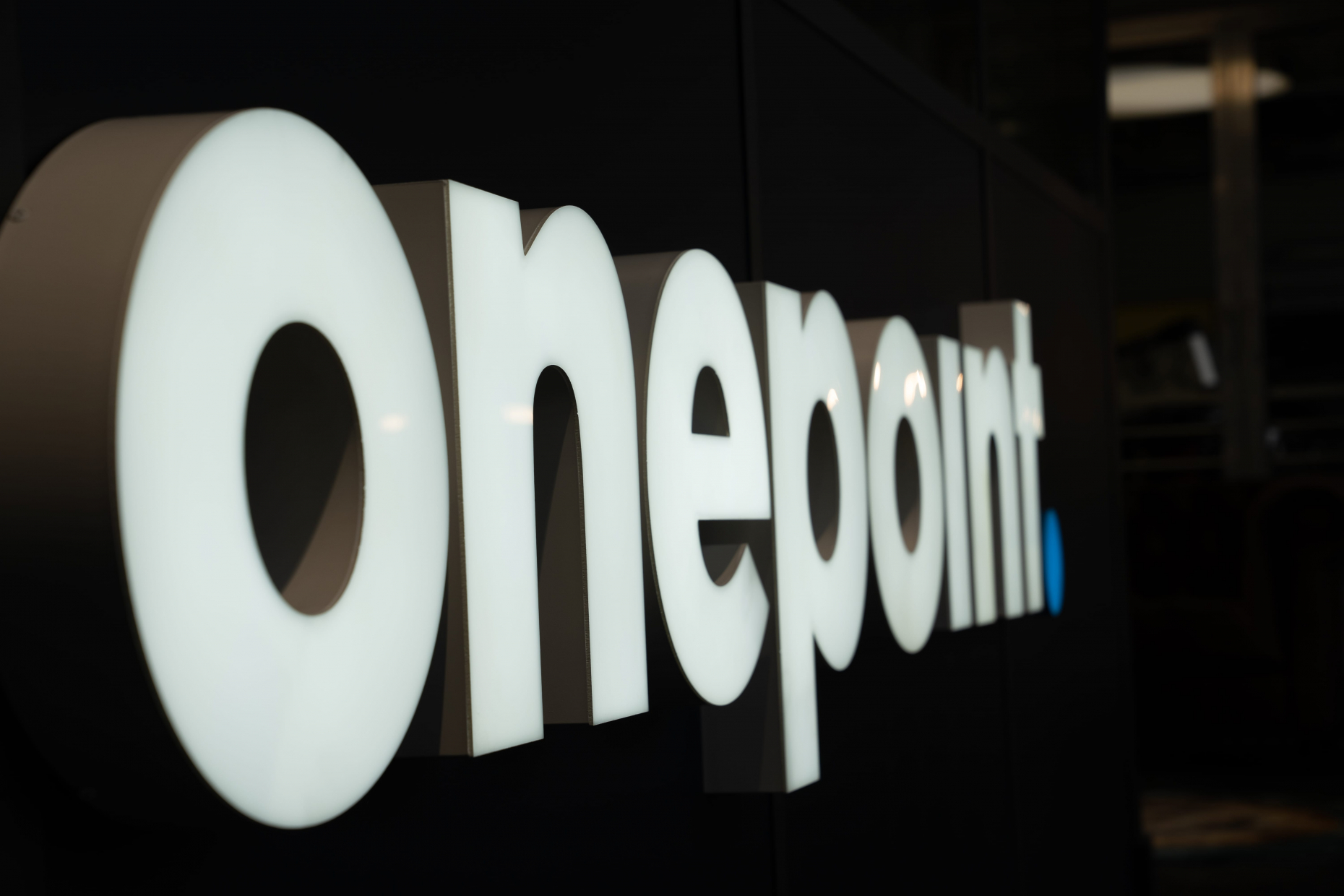In the mid-1940s, Winston Churchill said “Never let a good crisis go to waste”. The the events of the last 10 months have fostered the generation of new ideas and the rise of new opportunities for development in workplace management. Learning theories demonstrate that you always come out stronger during difficult times, and that these experiences are opportunities for improvement. There is no need for major analyses, we simply need to compare the style of management that existed before and during the pandemic. Today’s style of management involves less fear of change, being more flexible, having better hindsight, and naturally, more skepticism of traditional styles of management. It is actually similar to the way we learn how to swim! We have to tame our fear of our habits being questioned and be willing todive into a new manager/employee relationship model. Once in the deep end: try, make a mistake, sink slightly and then try again. We experimented, tried movements and realized that some foundations could be easily deconstructed. Our resilience & survival instinct was so strong that they allowed us to change managerial software very quickly. Getting back to basics (doing arm and leg movements and keeping your head straight in the pool, like building new rituals or building a new relationship with your teams) has become imponderable. The fundamentals of management may not necessarily apply to today’s post-COVID world; this requires adapting to this new environment; trial and error, learn
New challenges have also risen, which have created opportunities for authenticity. I can finally be myself in the company and not be afraid to share my strengths and weaknesses. Since March some previously unknown personalities have turned out to be successful leaders while others have been less successful, brought upon by their reluctance to embrace change. Confidence and trust in others are what has often made a big difference. A changing world with remote management requires oneself be more available, attentive, and proactive with others. To be an authentic manager, the challenge is getting the balance right between being reassuring and inspiring. The doubts of every manager are a strength if they are assumed. The perfect manager does not exist even if each organization seeks to define themselves through leadership models and core values that they are supposed to embody. At Onepoint, our aim is to support the emergence of a new type of manager; one who is authentic, a leader and able to manage crises, because the unprecedented challenge the world has faced during the will certainly not be the last.

